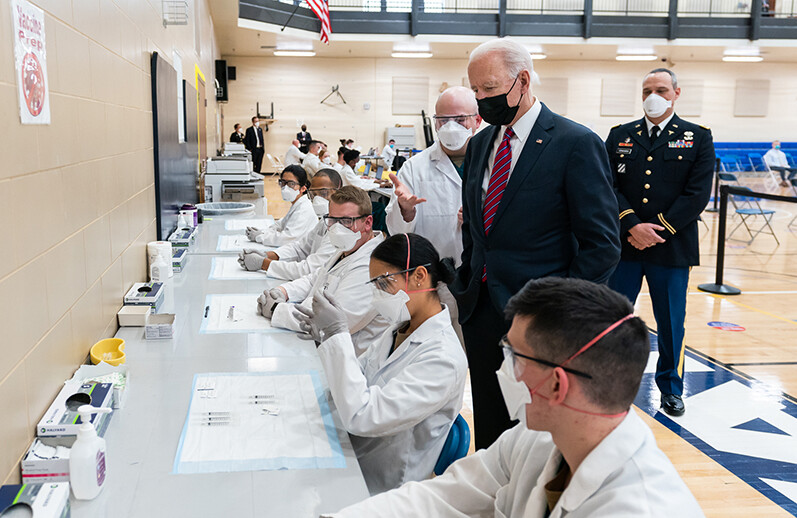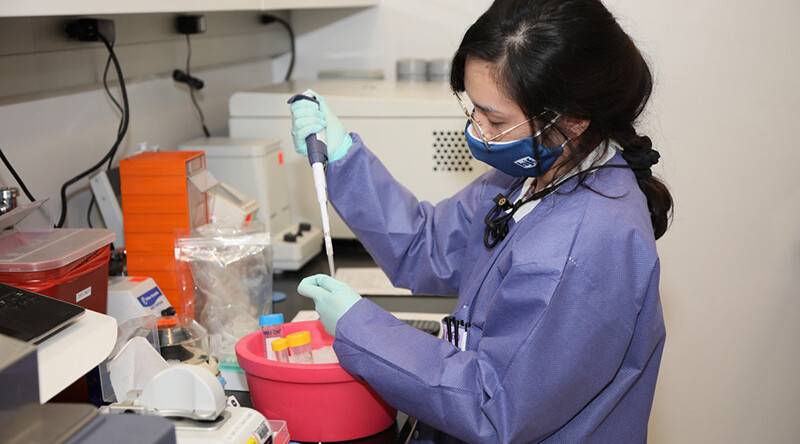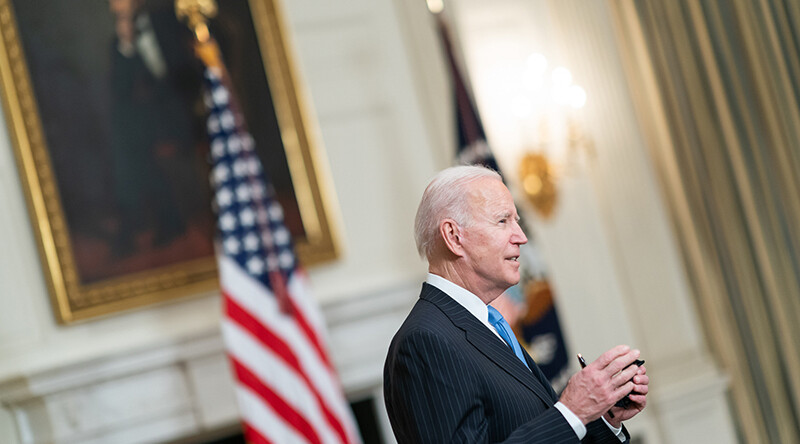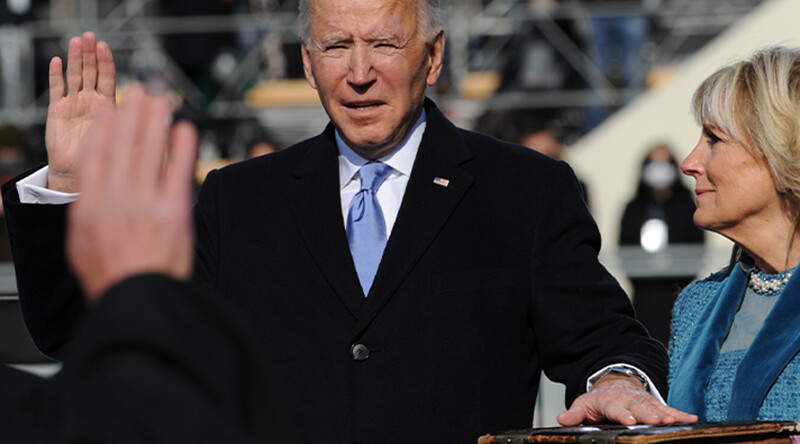An ongoing theme of discussion at The Doorstep podcast is the question of vaccine nationalism versus vaccine diplomacy . . . the balance between securing the health and well-being of one's own population versus the imperative—whether from ethical motivations, self-interest, transactional considerations, or some mix of all three—to share stockpiles of vaccines, waive patent protections or reduce costs for other countries.
"Health security" is one of the fundamental "doorstep" issues in terms of the intersection of domestic and foreign policy. To the extent that a government rests on an electoral mandate from the citizens, its ability to prioritize the health of others over "its own" will be circumscribed. As we have seen in both the United States and within the European Union, the ethical imperative to share has been limited or even suddenly curtailed at the first instances when it appeared there might be shortages of vaccines or treatments for domestic consumption—or that vaccine/humanitarian diplomacy might impose costs.
Generally, vaccine nationalism has acquired quite a negative connotation—that it represents a grasping, greedy approach to "take care of one's own" while remaining callously indifferent to the suffering and needs of others. And from an ethical framework rooted in cosmopolitan humanitarianism, this criticism has merits.
But there is also the question of whether situational ethics ought to play a role in the calculations of policymakers. I am thinking here of the instruction one hears all the time in the safety briefing prior to airline flights: that if there is a loss of pressure in the cabin, people are instructed to "secure your masks first" before offering assistance to others.
One of the points that we are not focusing on as much in watching the unfolding tragedy of the COVID-19 surge in India is the extent to which India, even several months ago, was a leading exporter of vaccines and was seen as a reliable alternative supplier to China for medical equipment (particularly for countries that wished to avoid overdependence on China or were troubled by China's very nakedly transactional approach to COVID diplomacy). But now the government in New Delhi finds it must abruptly end its vaccine diplomatic efforts (and must even rely on the goodwill of others) to cope with the trauma of the surge.
The Biden administration has come under criticism for its initial unwillingness to export more vaccines, and then to first prioritize sending supplies to Canada and Mexico—favoring the proximate neighbors over more distant needs. But was this guided by selfishness or by prudence? Is it politically more feasible, even if ethically "grayer," for the United States to be able to offer more assistance as more of the U.S. population has had access to vaccines? Does this allow the United States to be more reliable down the road as a provider of assistance?
I don’t have a definitive answer—and am still wrestling with the questions. But it does seem that a simple binary approach is not helpful for policymakers struggling to make ethical decisions about what to do as this crisis continues.
This article by U.S. Global Engagement Senior Fellow Nikolas Gvosdev first appeared on the Ethics & International Affairs blog. The opinions expressed do not necessarily reflect the views of Carnegie Council.




